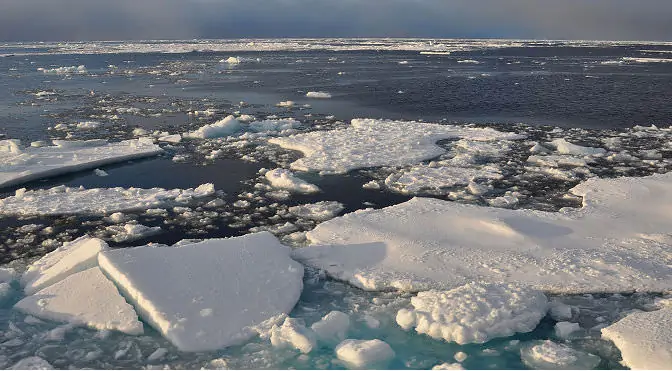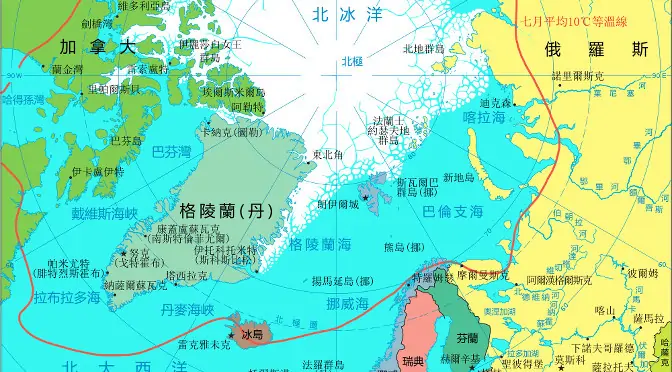As the Arctic is warming, the Chinese and Russian influence in this region is rising (Valantin, Arctic Fusion: Russia and China convergent strategies, 2014). Meanwhile, one can wonder if the US strategic influence is not waning. During the last seven years, China and Russia have developed and deployed powerful Arctic grand strategies, through political, economic, industrial, technological and military means (Ding Ying, “Realizing Chinese and Russian dreams, China and Russia are determined to promote bilateral relationship to make both countries safe, strong and prosperous“, The Beijing Review, March 28, 2013). Since the end of the nineteenth century, the USA has been a prominent Arctic power (Charles Emmerson, The future history of the Arctic, 2010). Is it still the case, and will …
Continue reading “Arctic: the US Lost Frontier?”
The remaining part of this article is for our members and those who purchased special access plans. Make sure you get real analysis and not opinion, or, worse, fake news. Log in and access this article.











